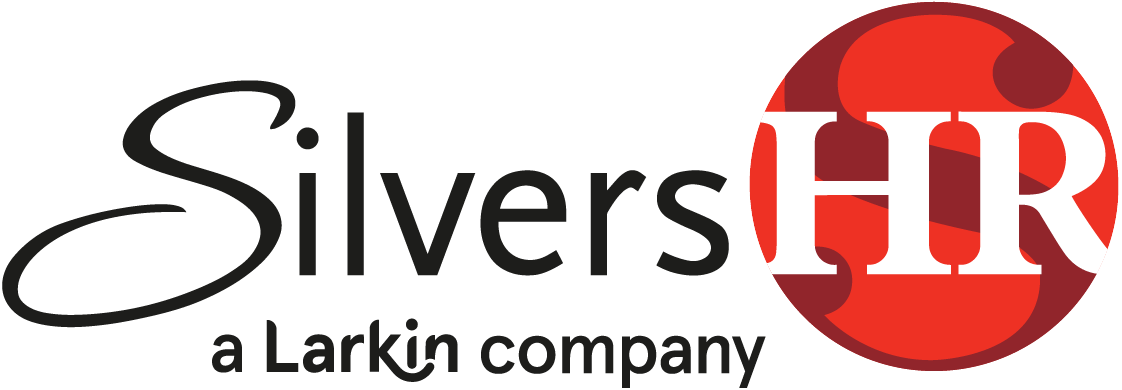Question: How long are employers required to continue paying medical premiums for employees who are on an unpaid medical leave of absence?
Answer: Not as long as many employers may think. Outside of legally protected leaves of absence and collective bargaining agreements, there are few restrictions. Whether by omission or commission, you may be paying thousands of unnecessary dollars for medical premiums. We often see employers continuing payment of medical premiums for employees who are off work due to a workers’ compensation injury or a personal leave of absence for several months, but not at all for an employee out for a non-work related injury or illness. This can be costly and risky.
Employers covered by the federal Family and Medical Leave Act (FMLA), or the state equivalent CA Family Rights Act (CFRA), and Pregnancy-Related Disability Leave have requirements to continue contributing the employer’s portion of medical premium while an employee is on one of these types of leaves of absence. If your organization is covered by the FMLA/CFRA then you must continue to pay the employer’s portion of the employee’s medical premium for up to 12 weeks, or up to 17 and 1/3 weeks for an employee disabled due to pregnancy. The employee remains responsible for their portion of the medical premium. Arrangements for those payments should be made with the employee in advance of the leave, when possible. (Remember that a workers’ compensation injury, pregnancy disability, or caring for an ill family member may also fall under the FMLA/CFRA requirements.)
Once the legally protected leave of absence has expired and if the employee has not returned to work, then the employer may offer the employee the option of continuing medical coverage under COBRA. COBRA premiums are paid fully by the employee. Some employers choose to pay the premiums for a longer period because of past practice, generosity, or even guilt. However, there are no legal requirements that the employer’s portion of the group medical premiums be paid by the employer after the FMLA/CFRA or Pregnancy-Related Disability Leave has expired. If you are considering continuing to pay the employer’s portion of the medical premiums longer than what is legally required, we urge you to speak with your health insurance provider or broker to determine if this is even allowed. If after speaking with your health insurance provider or broker, you decide to continue paying the employer’s portion of the medical premiums, it is important to be consistent in paying premiums for employees on a non-legally protected medical leave of absence.
Many of our clients are beginning to move to a policy of only offering employer contribution towards medical premiums for the remainder of the month in which the unpaid leave began if the leave is not for reasons under FMLA/CFRA or Pregnancy-Related Disability. The subsequent offer is “move to COBRA or lose medical coverage” after the end of the month in which the leave began. It is not necessary to continue this premium contribution because the injury or illness is based on a work-related issue. Remember, if the employee is covered under FMLA/CFRA or Pregnancy-related Disability Leave it is essential that the employer’s portion of the medical premiums be paid for the legally required timeframes regardless of how other leaves may be covered. Personal leaves of absence (that trip to Tahiti for 4 months) may be treated differently than medical leaves for duration as well as other benefit coverage.
Please call your HR Consultant if you have further questions.
